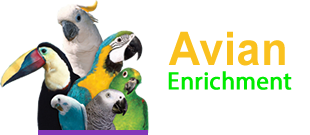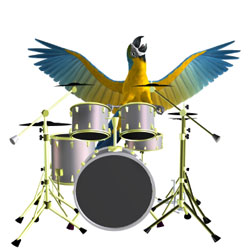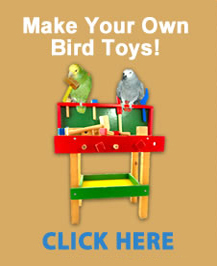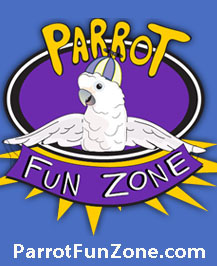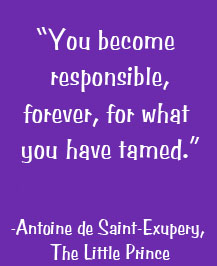Why Does My Bird Bite?
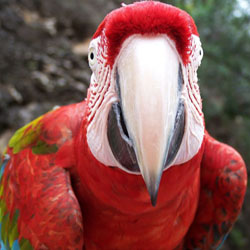 Parrots rarely bite in the wild and when they do, it is usually for defensive reasons. A parrot's first instinct is to flee confrontation except when it comes to territorial issues related to guarding a nest. Aggression in the wild is often expressed through body language and loud vocalizations.
Parrots rarely bite in the wild and when they do, it is usually for defensive reasons. A parrot's first instinct is to flee confrontation except when it comes to territorial issues related to guarding a nest. Aggression in the wild is often expressed through body language and loud vocalizations.
Parrot bites are undoubtedly emotionally and physically painful to humans. As hard as it is for us, we just shouldn't take it personally. Armed with the power of observation and knowledge of a bird's body language, most bites can be avoided. If we are bitten, it is usually our own fault for being insensitive to their signals or for failing to control their environment.
Biting is essentially a learned behavior that a bird uses to avoid doing something they don't want to do or to get something they want. It often arises out of frustration over the fact we fail to recognize and respect the other clues they provide us as to their mental and emotional state.
Reasons for bird's biting:
- They want to be left alone.
- Fear or distrust of an individual or an unfamiliar situation.
- Displaced aggression, for example, when a bird attempts to warn his "mate" of a perceived danger by delivering a bite.
- Territorial Aggression is instinctual and is often exhibited when you place your hand in a bird's cage.
- Over stimulation (play gone wild)
- Raging hormones (sexual maturity) often triggers aggressive behavior.
- Exploration biting (often called beaking) by young birds learning their way in our world.
How to avoid getting bitten:
- Learn to interpret your bird's body language. Most birds give clear warning that they are about to bite.
- Never force a bird to do something it doesn't want to do.
- Socialize your parrot at an early age to many people.
- Train your bird to respond to the basic commands: "step up", "step down", "NO" and "okay".
If you are bitten:
- Try analyze the situation from the bird's perspective and determine why it happened. Realize that your bird was reacting to something in the environment.
- Avoid similar scenarios in the future (i.e., remove source of fear, change your behavior).
- Stay calm. Don't react with lots of drama as this "rewards" your bird.
- Use a firm "NO" and a dirty look to let them know their behavior was unacceptable.
- Give your bird a "time out" in his cage.
- NEVER punish a bird by yelling, hitting or causing any other harm. Birds don't understand the link between their action and your punishment. Your will only succeed in destroying the bond of trust.
